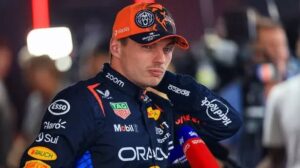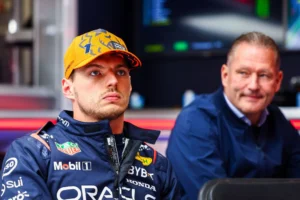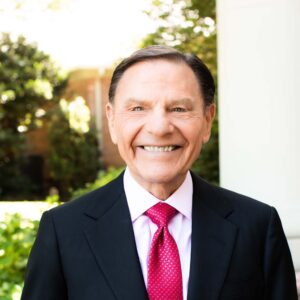Max Verstappen’s recent response to Johnny Herbert’s comments has ignited a wave of reactions among fans and pundits alike. The exchange centers around Herbert’s critiques of Verstappen’s driving style and attitude, particularly in light of his dominant performances in the Formula 1 season.

Verstappen, known for his no-nonsense demeanor and fierce competitive spirit, has often been the subject of scrutiny from former drivers and commentators. Herbert, a former F1 driver himself, suggested that Verstappen’s aggressive style could lead to unnecessary conflicts on the track. He emphasized the importance of respect among drivers and cautioned Verstappen about the long-term implications of his current approach.
In a recent press conference, Verstappen addressed these comments head-on. He expressed his views on racing etiquette, stating that every driver has their own style and that he doesn’t believe in holding back. Verstappen argued that racing is inherently about competition, and he doesn’t see the need to temper his aggression for the sake of pleasing others. His confident stance resonated with many fans, who appreciate his determination and willingness to push the boundaries.
Reactions on social media have been mixed but predominantly supportive of Verstappen. Many fans rallied behind him, arguing that his success is a testament to his skills and that he shouldn’t have to change his approach based on criticism. They pointed out that in the cutthroat world of F1, the top drivers often face scrutiny, especially when they’re performing at such a high level. Some fans even praised his candidness, viewing it as a refreshing departure from more diplomatic responses typically seen in the sport.
Conversely, a segment of the fan base echoed Herbert’s sentiments, expressing concern that Verstappen’s aggressive driving could provoke retaliation from other drivers. They referenced past incidents where Verstappen’s moves have resulted in collisions or contentious moments on the track. These fans argue that while aggression can be exciting to watch, it can also lead to dangerous situations, both for Verstappen and his competitors.
Analysts and commentators have weighed in as well. Many highlight the fine line Verstappen walks as a top-tier driver: he must balance his competitive instinct with the need to maintain professional relationships in the paddock. Some suggest that while his talent is undeniable, a more measured approach could serve him better in the long run, especially as rivalries in F1 tend to shape narratives and influence the dynamics of the championship.
Interestingly, the conversation has also sparked broader discussions about the culture within Formula 1. Fans are debating whether the sport encourages a cutthroat mentality or if it should foster a sense of camaraderie among drivers. Many believe that while competition is crucial, respect and sportsmanship should also play significant roles in how drivers conduct themselves on and off the track.
Verstappen’s response has undeniably put him at the center of a larger conversation about identity in motorsport. His unwavering confidence and commitment to his style reflect a new generation of drivers who are less inclined to conform to traditional expectations. As F1 evolves, so too do the narratives surrounding its stars, with fans keenly watching how these dynamics will play out in upcoming races.
Ultimately, the situation highlights the complexities of being a top driver in a sport that is as much about personality as it is about performance. Verstappen’s determination to stay true to himself will likely continue to draw both admiration and criticism. As the season progresses, it will be fascinating to see how this dialogue influences not just Verstappen’s racing, but the broader culture within Formula 1.








